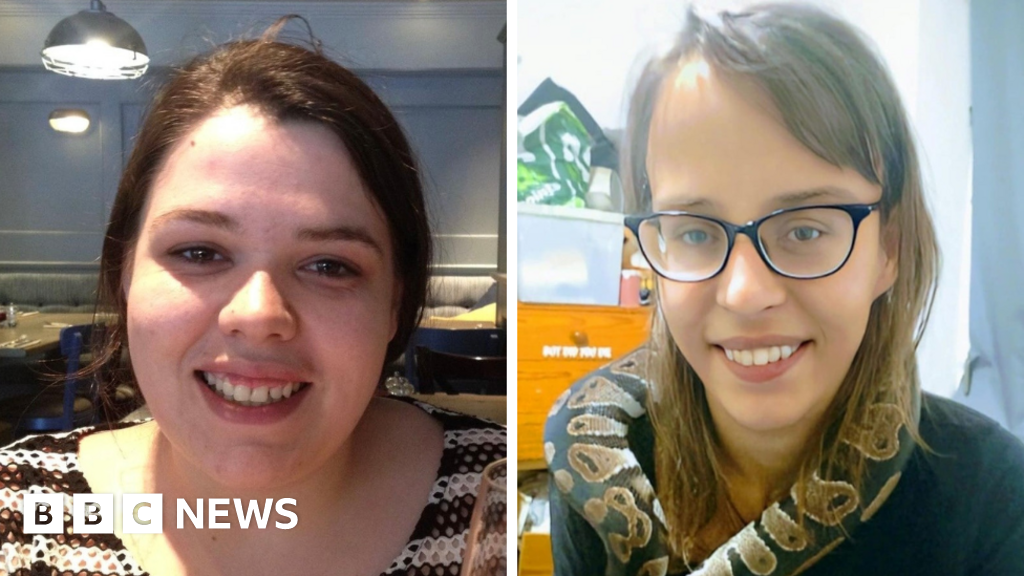The stock of Caris Life Sciences shined in its Nasdaq debut on Wednesday, pricing its heavily-subscribed initial public offering at $21 per share and putting the company on track for a valuation at close to $8 billion.
The Irving-based medical technology company’s stock surged by as much as 40% intraday, ending the session around $27 per share. It was a strong sign of interest from a volatile market that’s been starved for IPOs, and eager for constructive news in the face of economic uncertainty.
Caris Life has been raising hundreds of millions in an effort to cure cancer and last month closed a funding round of nearly $178 million. According to the company, it has raised nearly $2 billion since 2018, and plans to use the proceeds of the IPO to pay down debt.
Founded in 2008, the firm leverages artificial intelligence and machine learning to diagnose and monitor cancer treatments. In an interview with The Dallas Morning News, the president of Caris Life Sciences explained the company was targeting “organic growth” in a pursuit to make cancer treatments more effective.
 Caris Life Sciences is headquartered in Irving.(Courtesy of Caris Life Sciences)
Caris Life Sciences is headquartered in Irving.(Courtesy of Caris Life Sciences)“Unfortunately, still only 30% or so of patients that should be getting advanced molecular testing are getting it. So there’s still a lot of testing that we need to do to help improve patient outcomes and lives,” Dr. David Spetzler told The News.
“So there’s a big educational hurdle there, and getting physicians to understand the type of testing we do and the benefit to patients is a significant amount of work,” he added.
The emergence of AI has made a growing cohort of knowledge workers jittery about their employment prospects.
Yet Spetzler insisted that oncologists need not “be fearful for their jobs” as companies like Caris Life look to make cancer treatment more effective.
“I mean, if you look at the complexity of human cells, the only real way to decipher the data that we’re able to generate today is through the application of advanced machine learning algorithms,” the executive noted.
“And so we’ve been working on this and publishing on this for over a decade, because we’re able to generate millions and millions of data points per patient, and when you have that much data, finding the patterns you know, requires more sophisticated approaches,” Spetzler added.
That makes AI “particularly well suited” to categorize and streamline information about a patient’s cancer,” he said. “And you know, cancer is so heterogeneous. Everyone’s cancer is different, and so being able to customize and personalize that interpretation to find optimal treatment is really impactful in terms of extending overall survival.”
Spetzler said the company would also use the opportunity to grow organically and expand its footprint locally, while hiring for critical positions.
“We’ve got a lot of empty space in Dallas that we’ll build out for additional lab capacity,” with more staff jobs in finance, sales and other sectors, he added.










 English (US) ·
English (US) ·